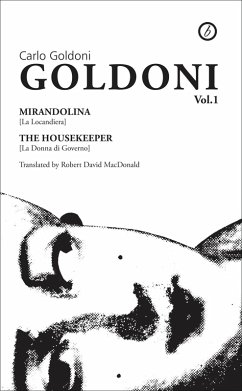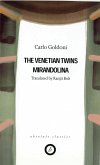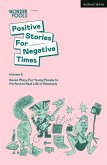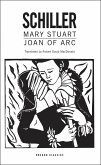Carlo Goldoni (1707 - 1793) was one of the most prolific and versatile playwrights of his century, even though most of his vast output deals with life confined to a few square miles of Northern Italy. This new edition contains two comedies about women surviving precariously in a man's world, but each taking a distinctly different approach to her problems. Mirandolina believes open dealing is essential; Valentina wants to have her cake and eat it, and uses intrigue to further her interests. Both are eager to win some kind of equality in a world in which they have no equality, only certain advantages, and almost come to grief. But these are worldly comedies and Goldoni does not deny us the satisfaction of seeing the women triumph.









